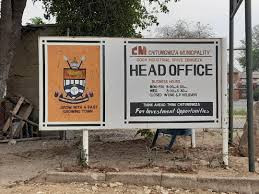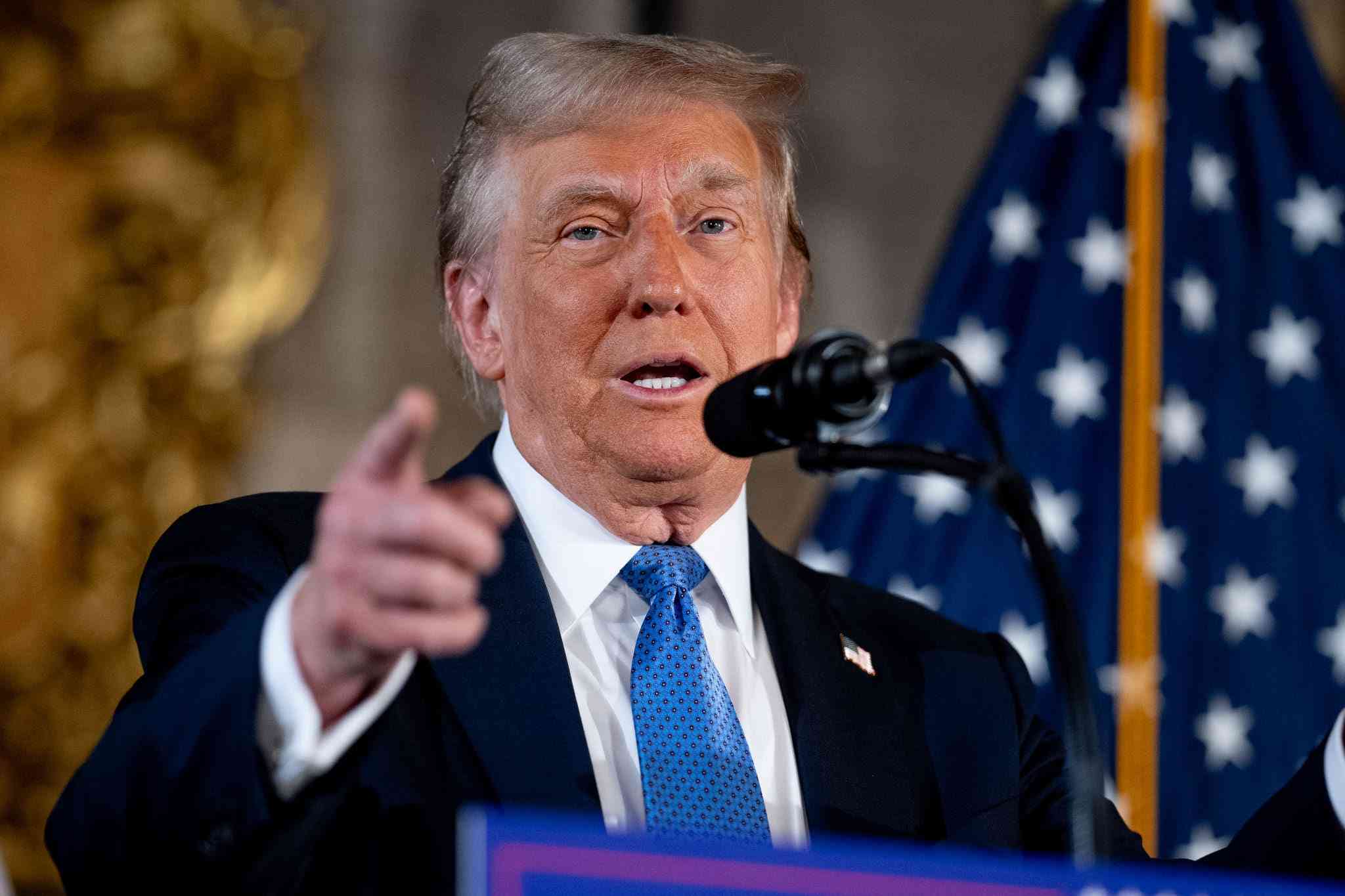
Dear President Mnangagwa,
I WRITE this letter to you with a heavy heart, as a disability rights activist, lawyer and a Zimbabwean citizen.
December 3 is a day set aside by the United Nations to reflect on challenges and successes in the area of disability. It is a day when persons with disabilities should take an opportunity to showcase their abilities while also putting forward their wishes, grievances and suggestions to the State.
This year, the theme was United in action to rescue and achieve the SDGs for, with and by persons with disabilities. This theme acknowledges that leaving persons with disabilities behind would mean that the SDGs will not be realised.
What is particularly fascinating is that you have made the “leaving no one behind” one of your mantras. It is therefore, quite surprising that we witnessed the International Day of Persons with Disabilities this year passing like a birthday of an old useless dog.
Notwithstanding the existence of a full department of disability affairs in the Public Service, Labour and Social Welfare ministry, there was no statement on the day, no commemoration, literally nothing to mark this day.
This is particularly surprising because your government has in the past few years made various notable strides in the area of disability. These of course include the creation of the Disability Affairs department, promulgating a national disability policy and the appointment of competent persons with disabilities to key positions of authority. The International Day of Persons with Disabilities would obviously be an opportunity for your government to shine and get more feedback from persons with disabilities. Would it not? One wonders why such an opportunity was squandered.
As an activist comrade President, I understand that the grave challenge which now faces the rights and interests of persons with disabilities in Zimbabwe is ableism which is unfortunately embedded in the bureaucratic structures dealing with disability. Some key bureaucrats in the ministry responsible for both disability and the SDGs have after the election of senators for persons with disabilities gone on a relentless campaign to systematically victimise competent technocrats with disabilities in the ministry.
- COP26 a washout? Don’t lose hope – here’s why
- Under fire Mnangagwa resorts to Mugabe tactics
- How will energy crunch transition impact transition to renewables?
- COP26 a washout? Don’t lose hope – here’s why
Keep Reading
They have also sought to sow seeds of division among persons with disabilities. In the process, such bureaucrats have effectively pressed the mute baton on all disability development issues ranging from provision of assistive devices, loans for funding of projects and even harmonised cash transfers to persons with disabilities in need.
Commemorating the International Day for Persons with Disabilities is actually against the agenda of ableists as it would bring to the light the competence of persons with disabilities, which the ableists vehemently abhor.
The ableists view persons with disabilities as perpetual minors or patients who have no right to ask questions on how and why certain things are done to them. The International Day of Persons with Disabilities would have presented persons with disabilities an opportunity to ask questions to the government, duty bearers and the ableists, this is like poking them in the eye.
Comrade President, I submit that ableism is the greatest enemy to both the advancement and development of persons with disabilities and the fulfilment of the SDGs. I also submit that you may need to reconsider the structures through which disability issues are dealt with in your government.
While I urge you to continue appointing more competent persons with disabilities to positions of authority, I equally implore you to ensure that persons with disabilities have more say in structures of government that deal directly with disability. Those closer to you than me say that you have a listening ear and, therefore, I hope you will be able to hear this voice whose sentiments shared by many persons with disabilities in Zimbabwe. - Abraham Mateta











